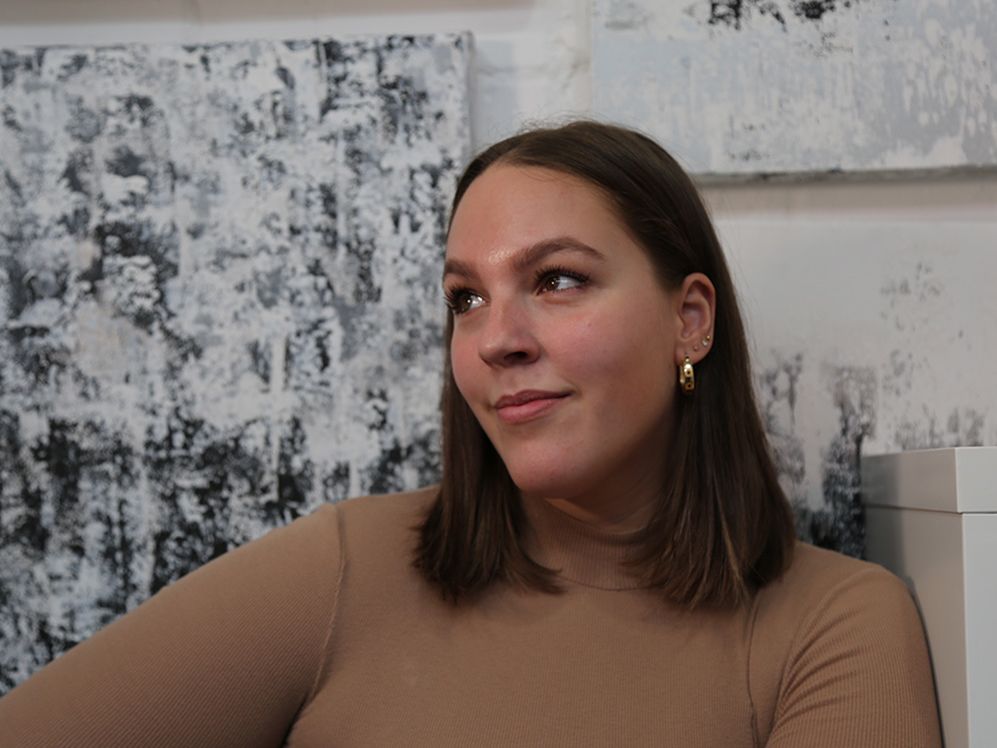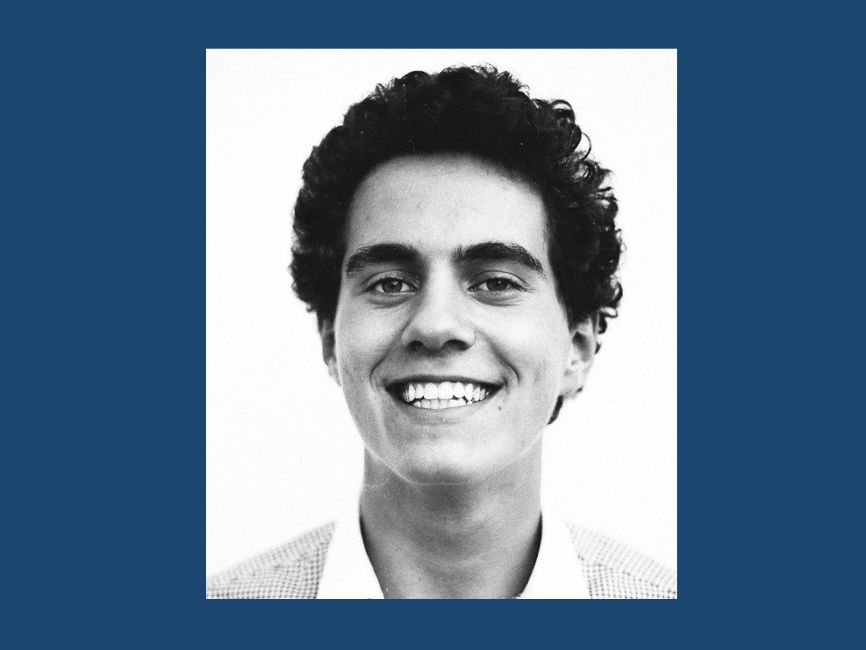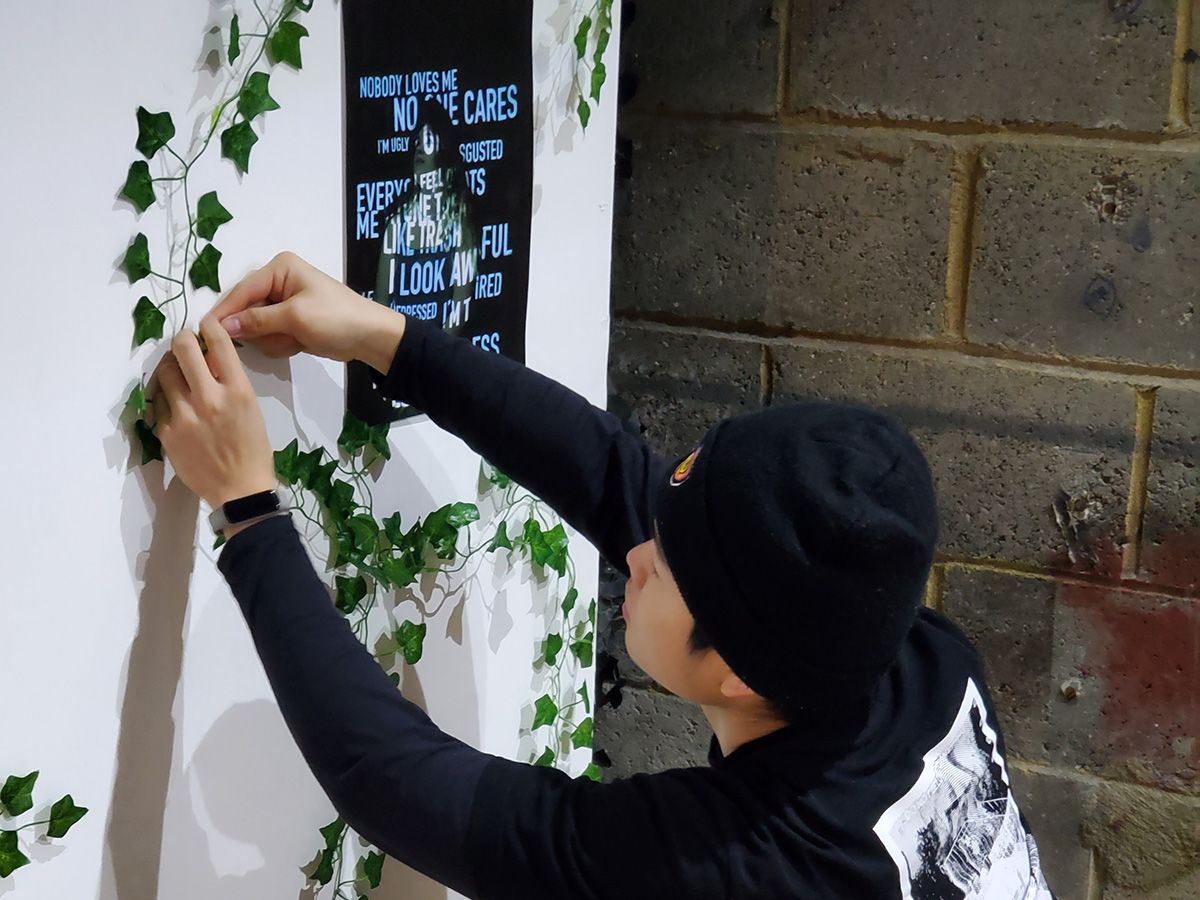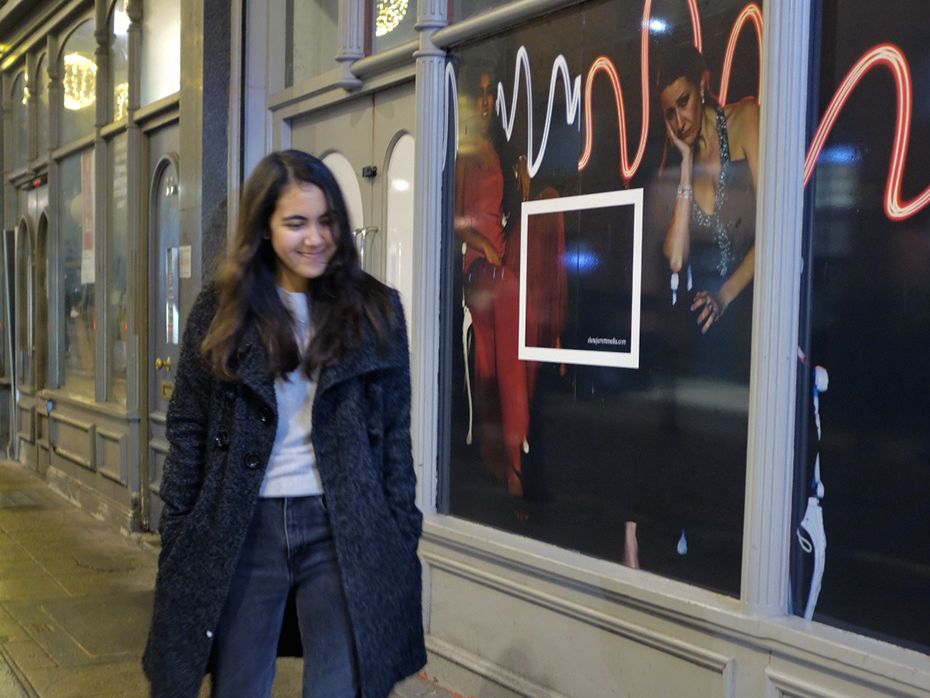
BA (Hons) Public Relations students develop industry insight through Agency Life unit
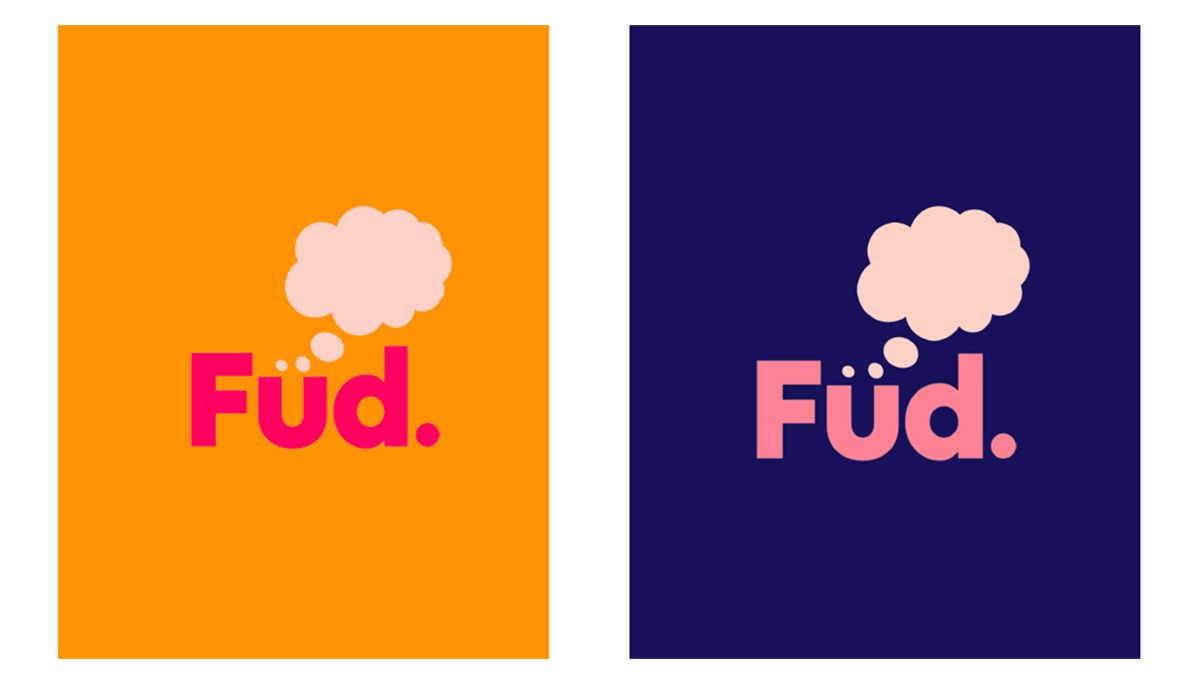
- Written byChloe Murphy
- Published date 21 April 2022

As a field, public relations (PR) generates global conversations with real-world impact. Focusing on how reputations are created and developed in evolving social and cultural landscapes, PR brings together brands, clients and creatives to consider new strategies for sharing ideas and connecting audiences with global organisations.
This emphasis on critical thought and creative practice is shared by the BA (Hons) Public Relations course at London College of Communication (LCC), which supports students to create, collaborate and communicate within highly diverse media environments.
Guided by tutors and guest lecturers with extensive industry experience, they’re supported to explore important theories and contemporary debates before applying these frameworks to practical briefs, situations and scenarios - all of which provide invaluable experience for future careers in PR and beyond.
One of the ways in which students are encouraged to develop as practitioners is through the Agency Life unit, which takes place in Year 3. Bringing together knowledge developed over the course of their degree, students replicate the experience of working within a PR agency by responding to a live brief in which they create strategies for imagined clients through concept brands such as Füd, a new line of vitamin energy drinks.
Working in teams, students then pitch their proposed solutions to a panel of academics and PR professionals - a process that enables them to consolidate their learning while also connecting them with industry leaders at the cutting-edge of the field.
"First-hand experience from current practitioners about the state of the industry today"
Tom Rouse, Director of Creative and Strategy at brand activism agency Don’t Cry Wolf, and Essi Nurminen, Head of Strategy at Born Social, both generously contributed their time to supporting students with vital feedback throughout the Agency Life unit.
Tom explained that the experience offers a vital opportunity for students to learn more about life after graduation.
“Agency Life is a great tool for preparing students - both because they get first-hand experience from current practitioners about the state of the industry today, and secondly, because they’re taught practical lessons about how to function in an agency, which culminates in the chance to work on a brief themselves,” he said.
“You can always tell when graduates understand what day-to-day working life is actually like, and this unit goes a long way towards providing students with that knowledge.”
Essi also highlighted the importance of embedding industry influence and insight across the course curriculum as a whole.
“Overall, BA (Hons) Public Relations gives students a holistic view of what it’s like to operate in the industry. From relevant communications theory to practical pitch experience, it develops a wide range of key skills,” she said.
“My contribution as a practitioner gives the students a realistic and up-to-date portrayal of what it's like to be a PR professional. and how to secure a role in the industry.”
BA (Hons) Public Relations | Open Day (Autumn 2021)
We caught up with Year 3 students Soufyane Badreddine and Anna Holub to discuss their journeys into the PR field, the importance of collaborative working, and how their time at LCC has not only enabled them to better connect with others, but to better understand themselves.
Tell us about your creative practice: have you always been interested in public relations (PR), or is this an area you've gradually moved towards?
Soufyane: I actually came to consider PR over time as my different professional and academic experiences led me to it.
I completed a fashion design degree in France back in 2014, which gave me an awareness of the impact of PR in the fashion industry. When I moved to London, I started working in a multi-brand fashion store in which I was able to clearly link PR activities to commercial settings.
I began to understand how those promotional outputs contributed on many levels to the bottom line of a massive industry, and started to think that PR seemed to be a versatile field which could allow me to weave in different interests of mine.
Anna: As long as I can remember, I always had a plan - but PR was never actually a part of it! In fact, I dreamed of becoming a movie director, and even took a pre-degree course at LCC in the Screen pathway.
Getting into PR was a bit of an accident: I happened to hear the course presentation during an Open Day and felt like it was something that was meant for me.

Why did you apply to BA (Hons) Public Relations at LCC?
Soufyane: I initially applied with the hope of focusing on the fashion industry, even if the course isn’t specifically tailored towards that field.
I knew from reading the information available on the course page that BA (Hons) Public Relations was relatively broad, and that I’d be able to stir each of my assignments towards something truly meaningful to me. Little did I know that the course would introduce me to horizons I hadn’t even considered back then.
Anna: As I’d already studied for a foundation course at the College - and received invitations to enter a few other courses in filmmaking and creative directing - it made sense to stay at LCC. However, I did check out the best PR and comms courses offered by other universities in the UK and even got into King's College London, but none of those options offered as much access to creative practice as UAL did.
Continuing to study here meant that I could get a degree in communications without giving up on my dream of becoming a filmmaker.
What did the Agency Life project involve, and what did you aim to achieve?
Soufyane: For this project, we were asked to prepare a pitch to sell a set of creative ideas, where we (‘the agency’) were pitching to the client (‘the company’).
The company was an existing organisation that specialised in energy drinks called Füd Vitamin Energy. Our pitch aimed to provide the client with strategic recommendations, creative ideas, and a plan to position its founder as a leading entrepreneur in the food industry.
Anna: The final goal of the module was the development of a short-term campaign to position a natural energy drink on the UK market before pitching it to a client.
My team and I produced a strategy for a social media campaign addressing millennial mothers, with the main message being that they aren’t defined by their motherhood.
Our tactics focused on encouraging women to take more time for self-care and their personal goals, and positioned the energy drink as something that could give them an additional energy boost with no harm to health.

Take us through your creative process: what inspired your initial ideas, and how did you develop them?
Soufyane: One aspect I love about PR is that it’s creative practice, which means that we’re given a client brief and asked to build on that by ensuring we hit each key point.
The Agency Life assignment was a group project like many other assignments on the course, and my group was composed of myself, Kate P, Kate K, Louise and Daniella. We chose the Füd Vitamin Energy brief and started work, meeting weekly to discuss and run our own ideas past each other. We used the brief as a base to come back to when in doubt, and it was incredibly helpful throughout as it allowed us to constantly sound our ideas against it.
Our plan was mostly inspired by successful campaigns found within the food industry, and also by our social media research on both current and popular PR tactics. Of course, when taking inspiration from what has already been done, developing and tailoring those approaches to your own campaign requirements is needed. Once again, the brief came in handy at this stage as it helped us to refine our tactics and make them as appealing as possible to our target audience.
Furthermore, our Agency Life lectures – along with everything we've learned over the past 3 years on the course - equipped us with an overview of the PR landscape, which then enabled us to merge a number of concepts from different units like Planning PR Campaigns (Year 2) and Reputation Management (Year 3) to come up with our own original ideas.
Anna: First, we analysed the market, trying to find the WHY of the brand: why would people need this particular energy drink, and why was it different to its competitors?
Then, we tried to understand our audience, and discovered that most marketers either neglect millennial mothers in their communications or only focus on women as mothers rather than their complex experiences in general.
When we understood who we should talk to and why those women might need our brand, we brainstormed creative ideas for campaign which involved online sleepovers, influencer partnerships and so on.

What are some of the key lessons that you've learned from taking part in the Agency Life unit?
Soufyane: I learnt about the difference between a PR agency and in-house PR: as opposed to an in-house team, an agency depends on its clients, and therefore on its ability to win pitches. Also, agencies are usually composed of different roles working at once with different clients, with roles usually divided by departments, strategy, creatives, and delivery. Because of this unit, I now know what to expect from an agency role.
Additionally, learning about ‘my inner brand’ as a way to improve my communication skills was positively challenging for me. It was a highly introspective process that allowed me to look deeper into the different parts that make me who I am and underpin how I communicate. This was helpful on a professional level as I'm now aware of how people can perceive me, and equally on a personal level as I‘m now able to better understand myself and others.
Anna: The project once again showed me how powerful teamwork is. To be honest, I usually dread doing research for more than a few hours as I just don’t have enough patience to carefully go through all of the statistics, and at the same time, I don’t notice the time going by when I’m designing presentation slides or developing creative storytelling. Assigning roles to allocate different tasks between our range of skills helped us a lot.
Moreover, I think the most useful skill I gained from the unit - and from the course in general - was developing an understanding of what it means to think strategically. Previously, I tended to be too drawn by creative ideas, trying to align my research and tactics to them, rather than vice versa. Now, I always rely on research rather than purely my assumptions.
What were your highlights of the experience?
Soufyane: I really enjoyed being able to present one last project in front of our fellow students and some of our tutors. It felt like a full circle moment where we were given a stage to showcase the knowledge and skills we’ve accumulated over the past 3 years, and was a great experience overall.
Anna: I think that our lectures on creativity and how to use research helped me the most.
Other than those elements, I’d say that my team was conscious of the time we had and distributed tasks evenly over the period, so I liked that the campaign developed quite naturally and with no rush.

What have you most enjoyed about your time as a student at LCC so far?
Soufyane: From learning about the theoretical aspects that PR draws from like psychology and sociology to gaining practical skills like producing and hosting my own podcast The Queer Mindset, I’ve had an enjoyable experience at LCC. Whilst at the College – both physically and online due to Covid-19 – I’ve been able to discover new things about not only the practice of public relations, but also myself.
One unit that was particularly seminal to my development was Investigating Contemporary Communication, which enabled me to acquire the sense-making tools that have guided me towards a suitable dissertation topic while also helping me to make sense of the world we live in. I’ve also been able to draw links between my experiences to extract meaning, and now understand what exactly it is that I like about fashion and public relations: both subjects have social theory aspects that underpin how they function, and it’s precisely social theory and sociology that I find myself most interested in today.
In essence, I think my course helped to me gain insight into myself to better understand what I want to do in the future. I believe this to be what has been most enjoyable about my experience at LCC.
Anna: Definitely the people. Each student at LCC has their own story and they share it through their art, which requires courage. Seeing all of this inspires you to find yourself and live life as you feel it.
Moreover, I’ve loved that you aren’t limited in your creativity by the subject you study: for example, I have a filmmaking background, and I’m still determined to pursue it. Even when studying PR, I’ve been able to produce a few short features as my final outcome for course assessments.
Who would you recommend BA (Hons) Public Relations to?
Soufyane: I’d recommend my course to anybody who thinks that they have something to say and want to make a difference for the better using PR.
The media landscape we live in is becoming more diverse and inclusive; however, I believe that more can be done. Contributing to this by bringing our own lenses and stories to the forefront can make a difference – not only for us, but also maybe somebody else.
Anna: To anyone who wants to make the world more honest and kind. I believe PR is the art of truth; it should be about finding a common ground with people who have different interests and reasoning to you.
I think PR is the only chance for our society to rebuild trust in each other, and to create a peaceful, shared future.
Related links:
- Learn more about studying BA (Hons) Public Relations at London College of Communication.
- Find out more about the work of our Media School.
- Experience life at LCC through our interactive Virtual Open Day.
